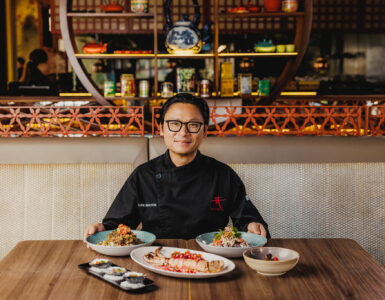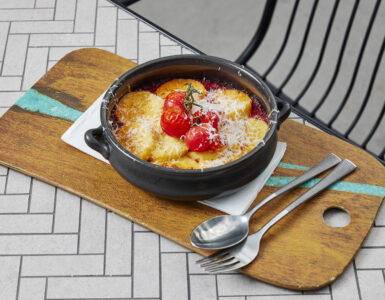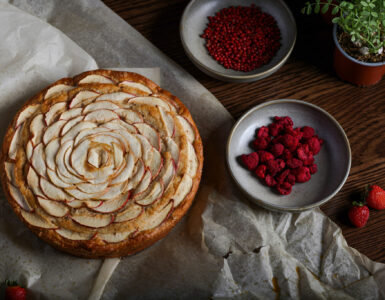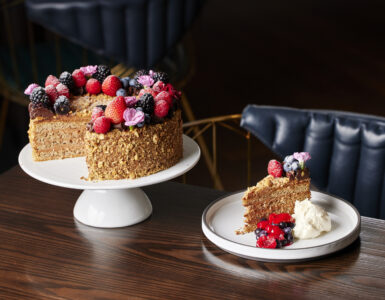5 ways to tell you’re a true wine lover
You know the importance of pairing wine
Never will you a plan a home-cooked meal without planning a wine list to perfectly match it to impress dinner guests. Only a true wine connoisseur knows the how imperative it is that food and wine go hand-in-hand. “Matching food with wine takes elevates the dining experience to a different level,” says Addy Lam, Head Sommelier at BLACK Bar & Grill. “The most important thing to understand is matching classical cuisine with classical wine regions.” But you probably already knew that. “At the end of the day my perfect wine match is a simple wine paired with a simple meal, enjoyed with my best friends or family. Any wine lover will never stop looking for the next perfect moment, with a perfect bottle or two for their next meal,” says Lam.

You know how to taste wine (without making a fool of yourself)
You never have to pretend you know what you’re doing when tasting a wine at a restaurant. You know what to look for: look, smell and taste. “The first step is to visually inspect the wine under neutral lighting,” says Lam. “Red wines get paler as they age, and the first sign of ageing will be at the rim, which will change from purple to ruby, with extreme age. Most white wines have a broad watery rim and may have a greenwash tinge when young, with age becoming deep yellow gold.”
When it comes to smell, you know better than to just quickly sniff into the glass. “You need to identify aromas through oronasal olfaction – breathing through your nose,” says Lam. Then there’s taste. “Assess the taste structure: sweetness, acidity, tannin, body, alcohol, flavour characteristics and finish,” says Lam. “The complexity and length of all these stages are to be take into consideration for your final judgement, pleasure, and conclusions of what you think of the bottle.”
You appreciate a good decanter
Decanting a wine is a step many overlook. But not you. Especially when it comes to young wine. By decanting a young wine, you know that it improves the quality. Young wines can have a funny smell when you first open them and the reason for that is the added sulphur dioxide. Lucky, after decanting the smell can burn off quickly and allow the wine to taste better. “As the process of decanting allows the oxygen to come into contact with the wine, the contact allows the win to open up and reveal its best self,” says Lam.
You can taste the difference in cool and warm climate wines
True wine snobs don’t need to look at the label to know whether a bottle came from a cool or warm climate. “Generally speaking, wine from cool climates look light in colour and are higher in acidity,” says Lam. “Warm climates produce grapes with darker colours, riper fruit flavours and less acidity. As a result, wine from warm climates can bolder and richer in character.”
You have different wine glasses for different types of wines
Put your hand up if you have more than one type of wine glass? You’re a certified wine snob. Wine lovers know why glass wear plays its part in the wine drinking experience. Different types of wine glasses alter the speed and concentration in which the receptors in our nose receive the aroma of the wine, hence changing how we taste and experience it. “My definition of a good wine glass is one you’re not aware of when drinking fine wine out of it,” says Lam. “My choice of glass wear is Riedel. A good wine glass should provide the feeling that the wine glass and the liquid its holding has become one.”















